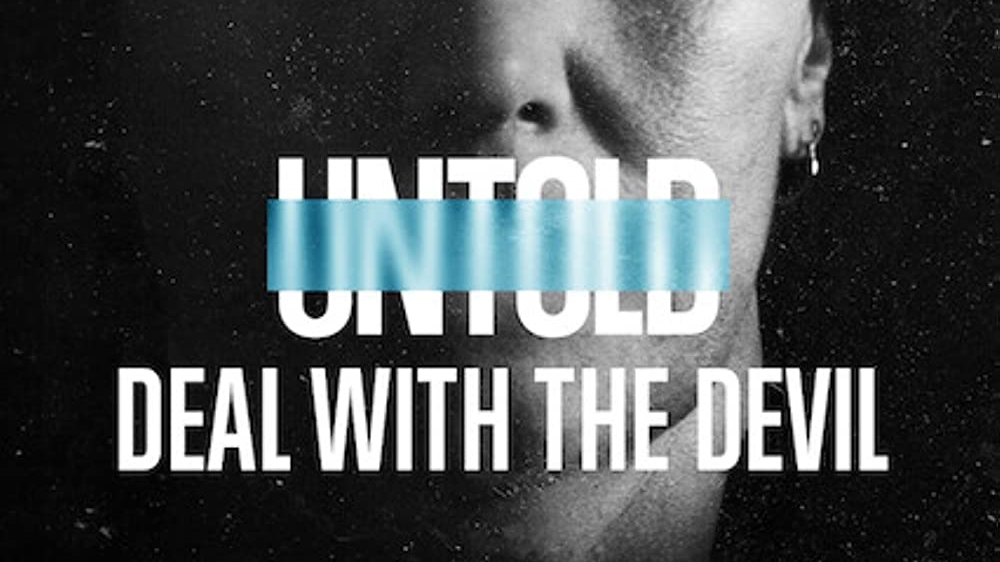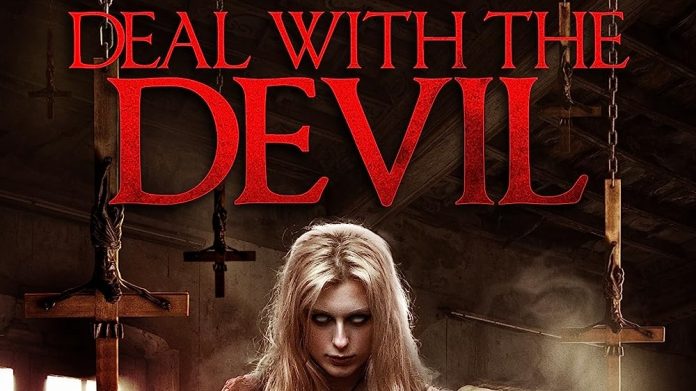Just before the stroke of midnight on Saturday night, the DGA announced it had reached a tentative three-year deal with the AMPTP — one that doesn’t necessarily help the WGA, but doesn’t necessarily hurt it either.
There are two schools of thought with regard to the deal. The DGA’s negotiating committee called it “historic,” patting themselves on the back in the process. Critics of the deal have argued that the increases it calls for — 5 percent in the first year of the contract, 4 percent in the second year, and 3.5% in the third year — barely account for inflation.
“We have concluded a truly historic deal,” said Jon Avnet, chair of the DGA’s negotiations committee. “It provides significant improvements for every director, assistant director, unit production manager, associate director, and stage manager in our guild. In these negotiations, we made advances on wages, streaming residuals, safety, creative rights, and diversity… securing essential protections for our members on new key issues like artificial intelligence [and] ensuring DGA members will not be replaced by technological advances.”
“This deal recognizes the future of our industry is global and respects the unique and essential role of directors and their teams as we move into that future,” added DGA president Lesli Linka Glatter.
Not only has the AMPTP already agreed that AI is “not a person” and that generative AI “cannot replace the duties performed by [DGA] members,” but it conceded to a 76 percent increase in foreign residuals for dramatic programs made for the largest SVOD platforms so that residuals for a one-hour episode will now be $90,000 or so for the first three years of exhibition.
Of course, the DGA does not face quite the same existential threat from AI that WGA members do. The guild is absolutely right to hold the line on that issue, even if I’m not sure they’ll ultimately win that battle, given that the introduction of AI feels all but inevitable at this point. That’s why there are some who argue that the WGA should be pursuing legislation to stop AI, going around their employers — the studios, streamers, and networks — and straight to their local representatives. Whether that’s a goal, or even a realistic one, remains to be seen, as the writers would prefer to negotiate with their studio overlords for now. Mark it down as a remote but distinct possibility, but a possibility all the same.

Elsewhere, the DGA’s tentative deal calls for feature directors to now be compensated for the months of “soft prep” that they currently do for free prior to the official start of pre-production, while episodic directors won expanded paid post-production creative rights and gained an additional guaranteed shoot day for one-hour programs, and assistant directors won on a one-hour reduction on their official day, so they’ll start being paid overtime earlier.
Additionally, there will be expanded safety training programs for both directors and their teams, including a ban on live ammunition on set, where a dedicated safety supervisor will now be required. The AMPTP members also agreed to greater transparency in residuals reporting, improvements in diversity and inclusion, and the addition of Juneteenth as a paid holiday, which is great.
With the DGA marching on, all eyes are now on SAG to see what the actors’ guild will do, but with each passing day, it should be clear that the studios not only wanted this strike, they needed it to balance their own books after years of spending like a drunken sailor, spending hundreds of millions on Hollywood’s top 1 percent of creators — some of whom haven’t created anything close to that value, and will soon be moving on to their next mega-deal — all for the benefit of Wall Street, which was excited at first, only to become disgusted all too quickly.
As far as the writers are concerned, that’s just America for you. You’re worth what the market tells you you’re worth, so if some other streamer is willing to pony up for some of these folks, I can understand why the streamers made some of the deals they did — without naming any names — but it was also obvious that such a practice could never continue, as there aren’t enough subscribers in the world to justify those kinds of costs.
Those costs have, in turn, been passed on to subscribers… but not all the costs. No, those costs have also been shared by the writers. After all, the AMPTP has pretty blatantly been ripping them off for years, and now that the bill has come due, they’re trying to pass the buck, or at least save up enough money — with layoffs and both production delays and suspensions — to be able to pay them later, when the writers are willing to settle for less in order to get back to work.
That’s basically how negotiation works. The writers are going to get paid — and hopefully, their fair share — but they’ll have to starve for a little longer to get what they’re asking for, which may not include the same AI protections/language as the DGA’s tentative deal.
But you can’t pivot from profit, and judging by the inflated salaries of their CEOs, the AMPTP is making plenty of dough — enough to share a little bit with the writers, i.e. the people who make the “products” they sell.



